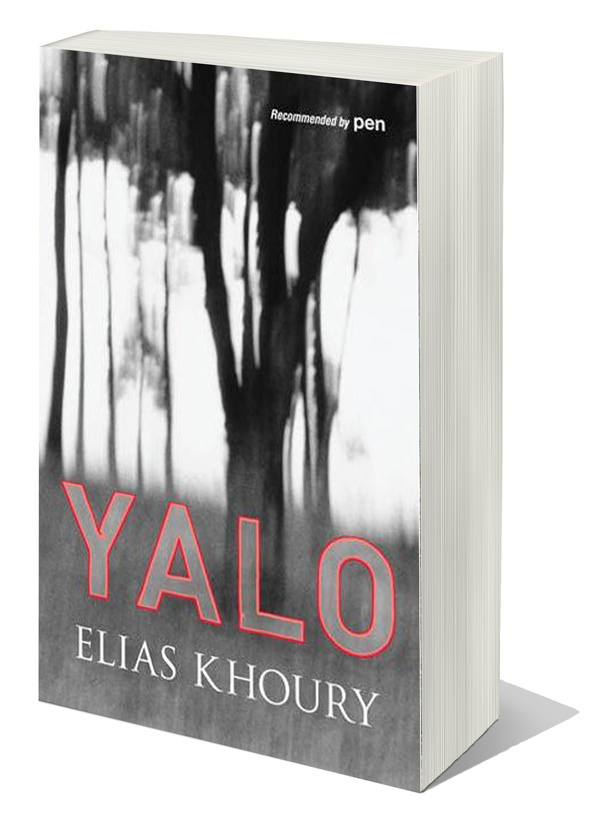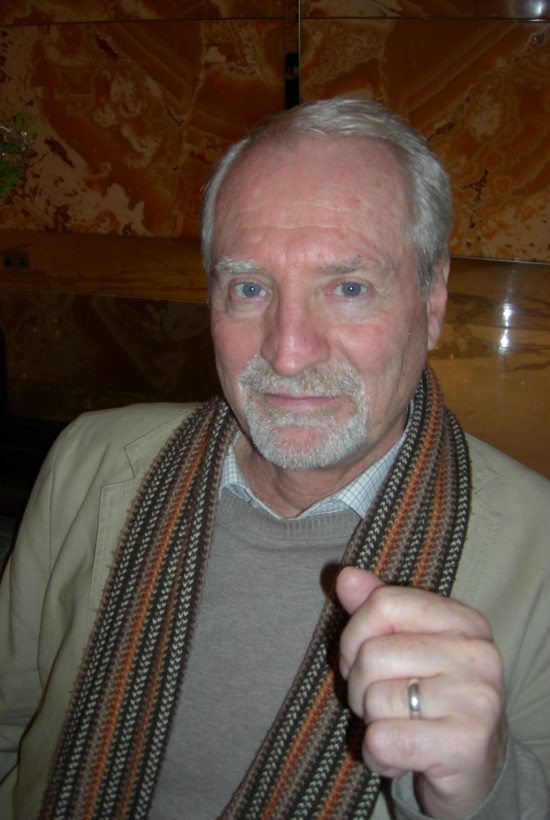
Yalo was a soldier on one of the many sides in Lebanon’s sectarian civil war, before becoming a deserter and a thief, a nightwatchman in Paris, an arms smuggler, and then a rapist. And then he falls in love with his victim – who turns him in to the police.
This novel is a modern Thousand and One Nights, a series of confessions extracted under torture, a recitation of all of his memories, all his sorrows, all his guilt – and of the other crimes his interrogators have him confess to. Beirut and the legacy of the wars of the Middle East are the texture of Elias Khoury’s extraordinary literary achievement.
Yalo was banned in Jordan and the gulf, ostensibly for its treatment of sex and religion, though probably for depicting Arab torture techniques, which Khoury researched. Khoury is quoted as saying that books are rarely banned in the Lebanon: “if they don’t like what you write, they don’t ban, they kill”.

